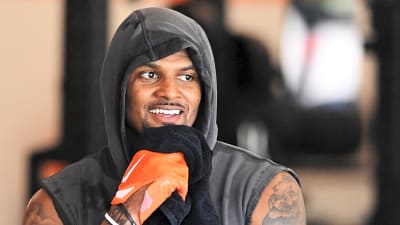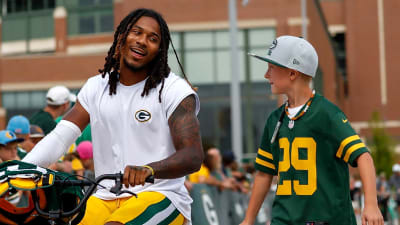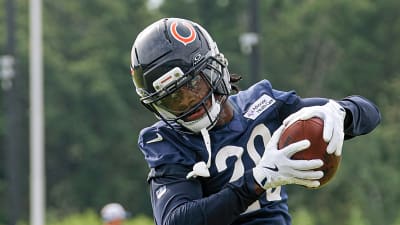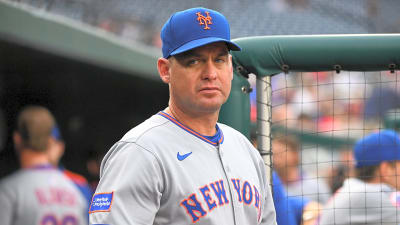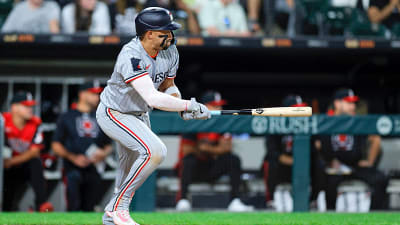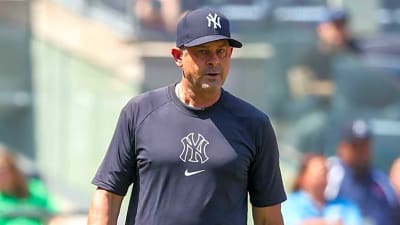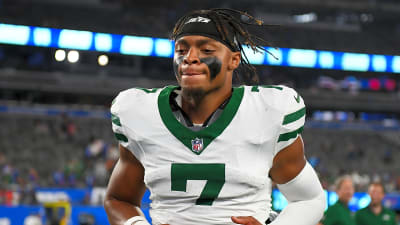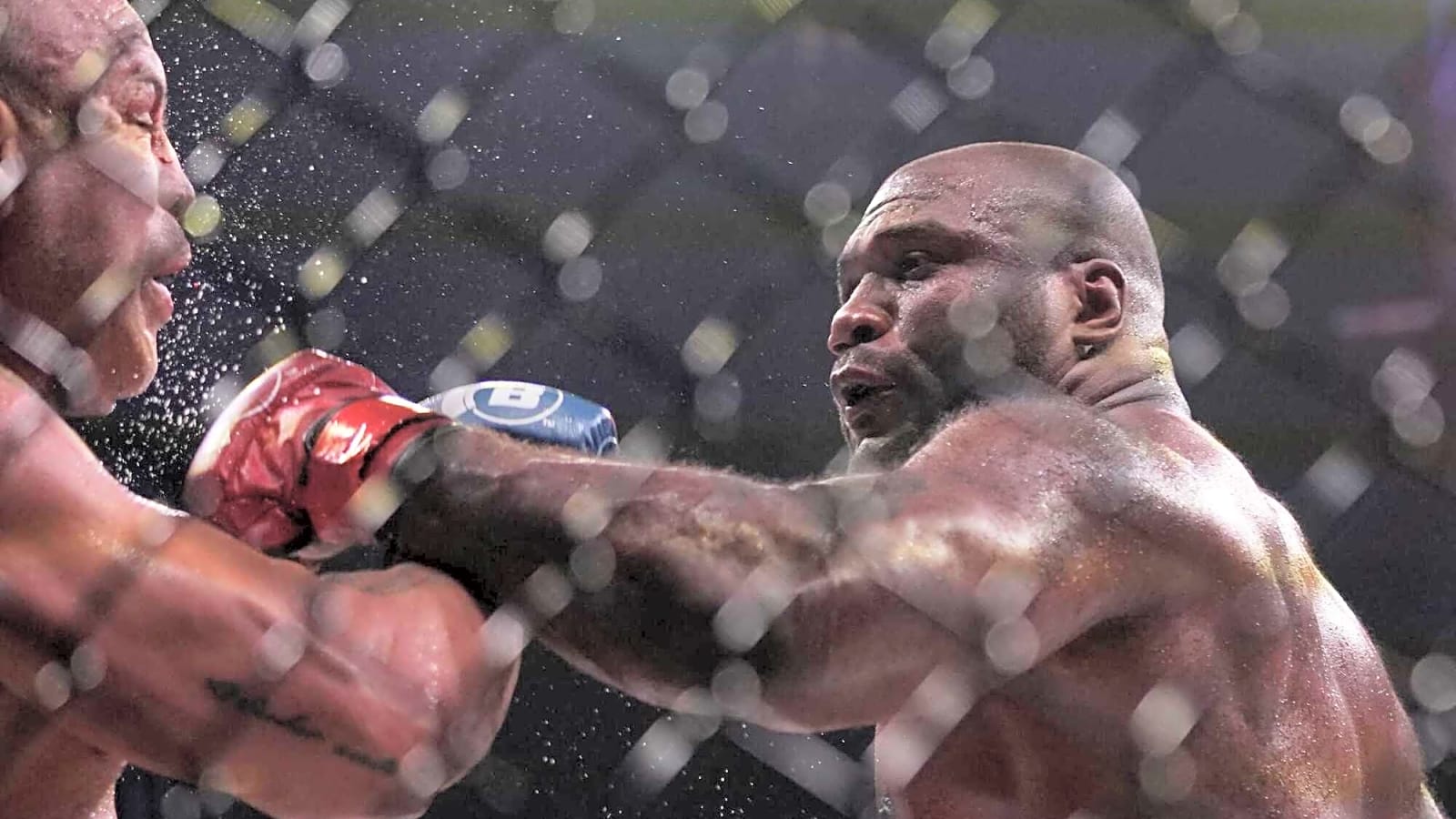
The echoes of Saturday night’s devastating incident at Knokx Pro Wrestling still reverberate through the combat sports community. What unfolded in that Los Angeles ring wasn’t entertainment. It was a father’s worst nightmare played out in front of a live streaming audience.
The Brutal Reality Of What Happened To Stuart Smith
Stuart Smith, known in wrestling circles as Syko Stu, lies in a hospital bed because a planned wrestling spot spiraled into something far more sinister. The 25-year-old son of UFC legend Quinton “Rampage” Jackson didn’t just cross a line. He obliterated it with a barrage of legitimate punches that left Smith unconscious and hospitalized with serious injuries.
The footage is difficult to watch. Raja Jackson enters the ring, hoists Smith above his head, and slams him down with the force of a trained mixed martial artist. But that wasn’t the end. As Smith lay motionless, Jackson mounted him and delivered over 20 unanswered strikes to his defenseless head. The sound of fist meeting skull echoed through the venue as fellow wrestlers scrambled to pull Jackson away.
A Father’s Anguish: Rampage Jackson Faces Every Parent’s Fear
Quinton Jackson built his reputation on controlled violence inside the octagon. He understood the difference between competition and brutality, between sport and savagery. Watching his son cross that line must feel like watching everything he tried to teach about respect and discipline crumble in real time.
“I don’t condone my son’s actions AT ALL!” the elder Jackson said in a statement that revealed the raw pain of a father watching his child destroy someone else’s life. The anguish in those capitalized words speaks to something deeper than disappointment. It is the sound of a man realizing that all the lessons, all the guidance, all the attempts to channel his son’s fighting spirit into something positive had failed when it mattered most.
The former champion revealed that Raja had suffered a concussion just days before the incident. A brain-injured fighter with no professional wrestling experience was somehow allowed to participate in what should have been choreographed entertainment. The failure of judgment extends beyond just Raja. It encompasses everyone who enabled this tragedy.
The Wrestling Community Grapples with an Unprecedented Attack
Dave Meltzer, a man who has documented wrestling for over four decades, called Jackson’s assault “may be the worst thing I’ve ever seen in a ring.” Coming from someone who has witnessed countless accidents, legitimate fights, and career-ending injuries, that statement carries devastating weight.
The wrestling community prides itself on the art of making fake combat look real. Wrestlers spend years learning how to throw punches that miss by inches, how to take devastating-looking bumps safely, and most importantly, how to protect their opponents. What Jackson did violated every principle that makes professional wrestling possible.
Sean Ross Sapp of Fightful confirmed that while the interaction was planned, the legitimate violence was not. This distinction matters because it highlights how quickly entertainment can become attempted murder when someone lacks the training, discipline, or mental clarity to maintain the illusion.
The Deeper Questions This Incident Raises
Beyond the immediate horror of watching a man get beaten unconscious lies a more troubling question: How did we get here? How did a concussed amateur fighter end up in a wrestling ring with someone he had legitimate animosity toward?
The incident reportedly stemmed from an earlier confrontation where Smith struck Jackson with a canned drink. In professional wrestling, such incidents are typically scripted or, when genuine, handled by security or law enforcement. Instead, Jackson was apparently told he could get his “payback” in the ring.
This represents a fundamental misunderstanding of what professional wrestling is supposed to be. It’s not a platform for settling real grievances with real violence. It’s a carefully choreographed art form that requires trust, communication, and above all, the safety of everyone involved.
A Family Legacy Tainted By One Night Of Violence
Quinton Jackson’s legacy in mixed martial arts is secure. He was a fierce competitor who brought intensity and entertainment to every fight. But that legacy now carries the weight of his son’s actions, fairly or not. The Jackson name, once synonymous with controlled aggression and professional excellence, is now linked to a brutal assault that could have ended Stuart Smith’s life.
For Raja Jackson, the consequences extend far beyond potential criminal charges. His brief professional fighting career is likely over before it truly began. No reputable promotion will want to associate with someone who showed such a complete disregard for an opponent’s safety. The MMA community, already struggling with its image regarding violence outside competition, will likely distance itself from anyone connected to this incident.
Where Do We Go From Here?
Smith remains hospitalized, and while reports suggest he is “awake and stable,” the full extent of his injuries and their long-term impact remain unknown. Brain injuries from repeated blunt force trauma can have consequences that don’t manifest for weeks, months, or even years.
This incident serves as a sobering reminder that behind every fighter, every wrestler, every combat sports participant is a human being deserving of basic safety and respect. When that fundamental principle is forgotten, we don’t get entertainment—we get tragedy.
The Jackson family name will forever be associated with this dark moment in combat sports history. For Quinton Jackson, a man who spent his career channeling violence into sport, watching his son turn sport into senseless brutality represents the ultimate failure of everything he tried to teach.
More must-reads:
- TE Premium Draft Strategy explained: Top fantasy football targets for 2025
- NFL Draft intel: Top QBs set to clash in ranked showdown in Death Valley
- The 'Season TD pass leaders by NFL team' quiz
Breaking News
Trending News
Customize Your Newsletter
 +
+
Get the latest news and rumors, customized to your favorite sports and teams. Emailed daily. Always free!
